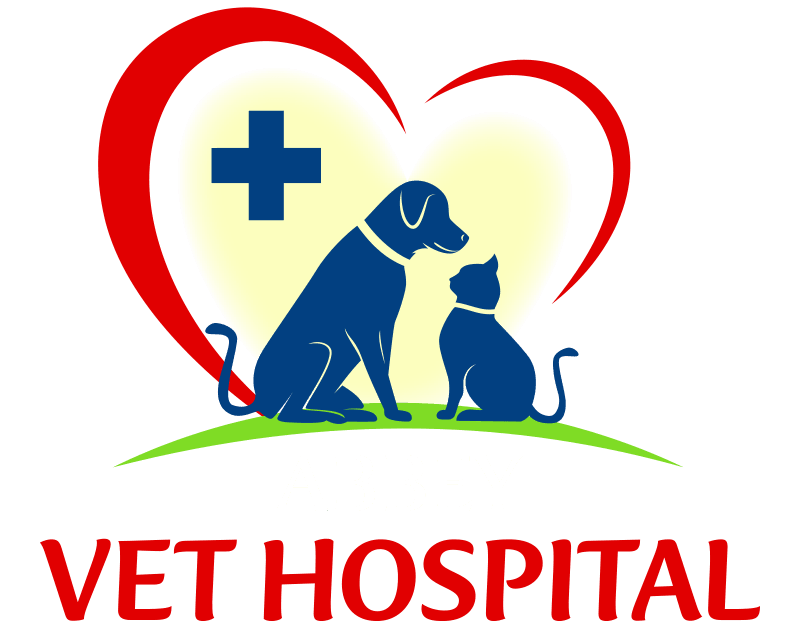Did you know that March is Pet Poison Prevention Awareness Month? Or that countless pets are seen by veterinarians each year for cases involving accidental poisoning? Part of the problem is that so many common foods, plants, and household products are toxic to pets. As a responsible pet owner, it’s up to you to recognize the dangers lurking in your home and store them out of your furry friend’s reach. Keep reading to learn more about some of the most common pet poisons.

Common Pet Poisons
As a vet in Antioch, we treat pets suffering from accidental poisoning on a regular basis and have found that some poisons are more common than others. While this list is by no means exhaustive, here are a few of the most common causes of pet poisoning:
- Artificial sweeteners (primary xylitol, which is found in gum and some types of peanut butter)
- Chocolate
- Alcohol
- Caffeine
- Macadamia nuts
- Citrus oils
- Certain types of plants and flowers, including lilies and azalea
- Mold
- Raisins and grapes
- Onions and garlic
- Human and pet medications
- Automotive fluids
- Cleaning products
- Paint
These are, of course, just a few of the many things that are poisonous to your pet. For a more thorough list, check out the ASPCA Poison Control website.
Poisoning Symptoms
The symptoms of poisoning vary depending on the animal and the type and amount of poison they ingested/were exposed to. Symptoms may present immediately or over the course of several hours (even days). Some of the most common include:
- Foaming at the mouth or excessive drooling
- Vomiting and/or diarrhea
- Pale or yellowish gums
- Seizures
- Muscle spasms
- Loss of consciousness
- Decreased appetite
- Increased thirst
- Lethargy
- Loss of coordination
When to Contact a Vet in Antioch
If you have any reason to suspect that your pet may have ingested or been exposed to a poisonous substance, contact a vet in Antioch right away. Even if your pet is not showing symptoms, it is best to err on the side of caution and have them evaluated. At Abbey Vet Hospital, we provide emergency care and are here to provide help when your companion needs it most. Contact us today.






